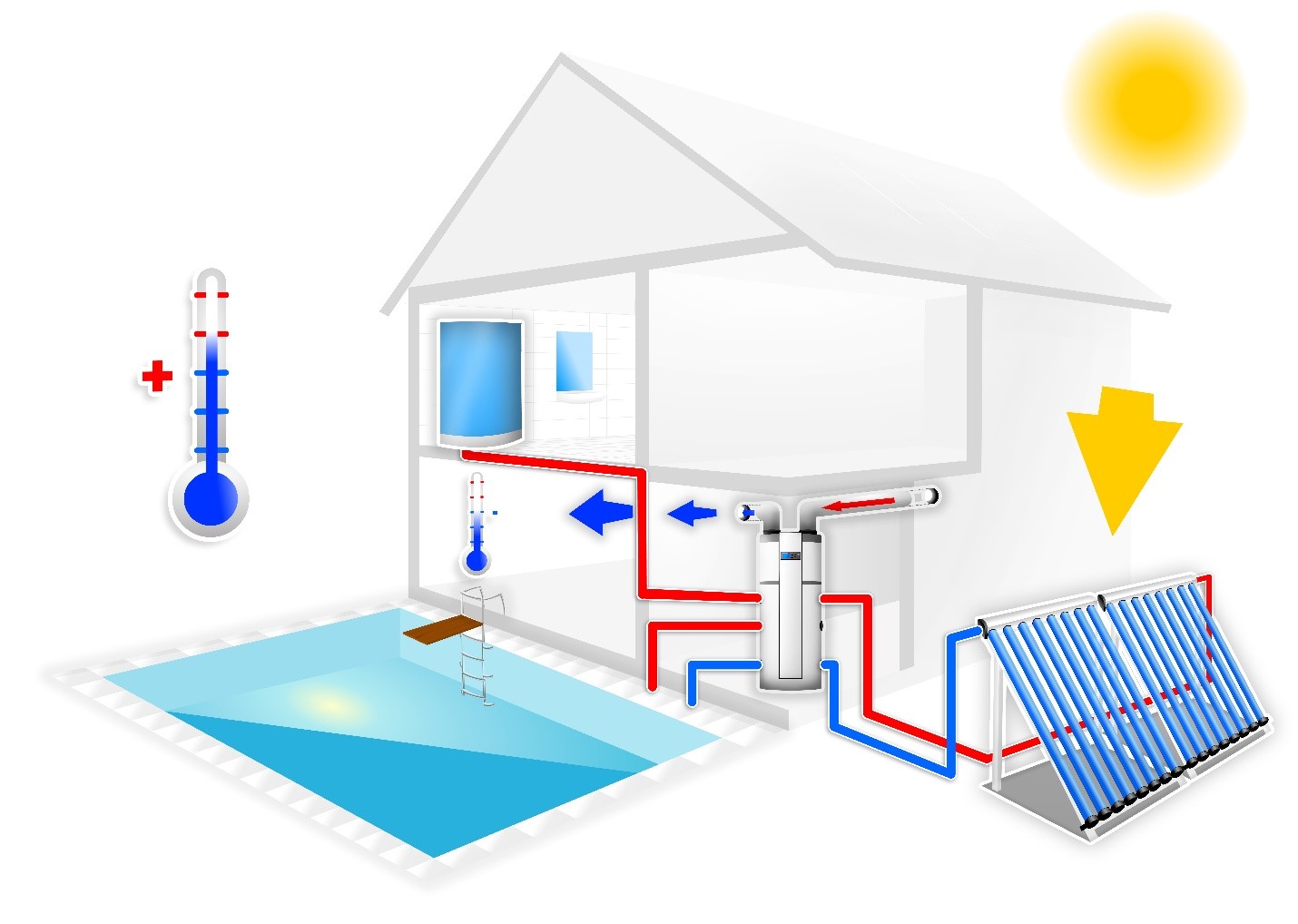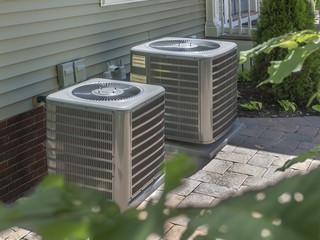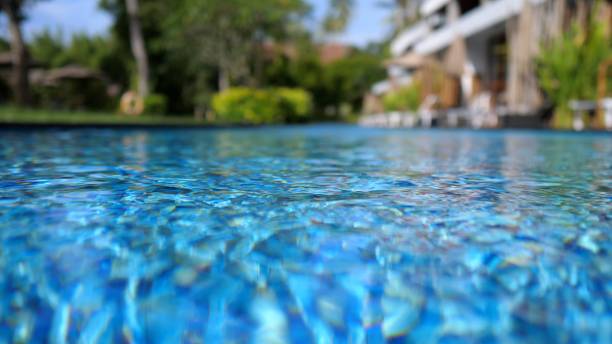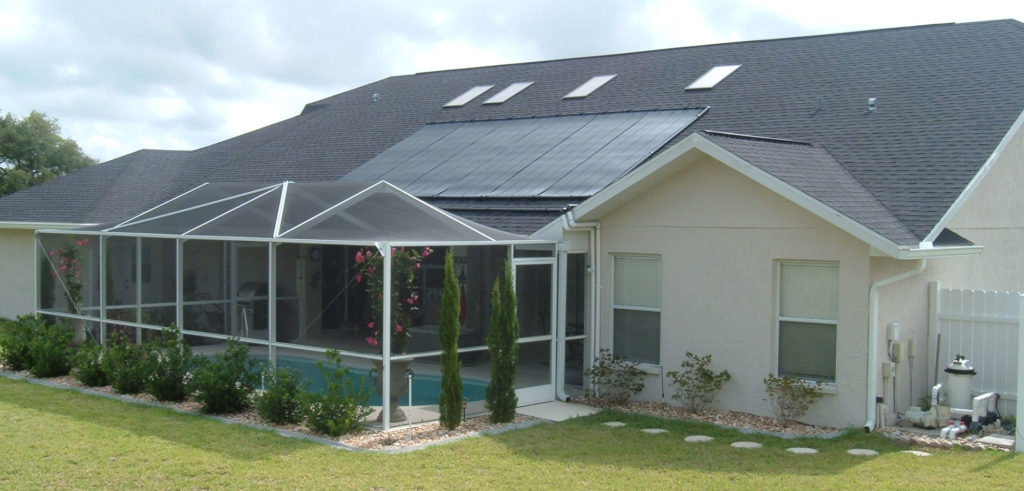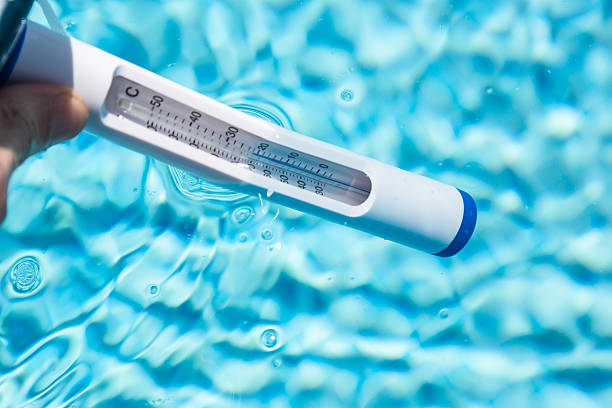Blog
Which Pool Heater Should You Buy?
By Admin | Jul 21, 2020
Which Pool Heater Should You Buy?
Why do you intend to purchase a pool heater? Do you hate swimming in a cold pool? Possibly you just need to extend the pool season so you can swim slightly early in April and keep it open until October or even November. How does a pleasant Thanksgiving weekend swim sound?
Whatever your reasons, you have three major choices available to you: solar pool heaters, a heat pump, and gas pool heaters.
The key to selecting the appropriate one for you is knowing how they work, finding the right size for your pool, the advantages and disadvantages of each, and how much money you’ll spend—or save.
Solar Pool Heaters
Solar pool heaters work by pumping the water from your swimming pool to your filter, and partly diverting it through solar collectors that warm the water before going back into the pool
Forms of Solar Pool Heaters
- Unglazed collectors are heavy-duty rubber or plastic panels that have an ultraviolet (UV) light inhibitor.
- Glazed collectors are made with copper tubing on an aluminum plate with an iron-tempered glass cover.
Glazed collectors are more expensive but also more durable as compared to unglazed collectors. Both comprise freeze protection to protect against colder weather areas.
Solar Heater Advantages
- Best for heating a pool in warm climates
- Eco-Friendly and effective
- Energy savings pay for the installation
- Utilizes a free source of energy; inexpensive to operate
- Lasts approximately 15 to 20 years
Solar Heater Cons
- You intend to have a lot of direct sunlight; otherwise, you’ll require a backup gas heater or heat pump
- Costs a lot at the start; repayment can take several years
- Only functions when the sun is out, and it heats the water very slowly
- Covers a lot of space in the room in your backyard and doesn’t look all that attractive
Gas Pool Heaters
Fairly cheap to operate, gas pool heaters use natural gas or propane. Water passes through while a combustion chamber burns and warms the water before going back to the pool. In other words, the water passes through a burning hot pipe, then back to your pool.
Gas heaters are also efficient and will get the work done fast. If you live up north where temperatures are cooler, you can heat the pool fast, and then use a solar cover to maintain the heat to cut down on operating costs.
Natural Gas or Liquid Propane Pool Heaters
The kind of fuel you use will depend on the availability and the price of fuel in your location. The good news is both forms of heaters typically cost about the same.
If your household has natural gas, you can also use it to heat your pool. If you don’t, you’ll have to purchase a large, ugly propane tank and install it in your backyard, which will require to be filled up regularly.
On the other hand, propane is usually 2.5 times more expensive as compared to natural gas, depending on supply and demand.
Millivolt or Electronic Ignition Pool Heating Systems
Millivolt means you have a small amount of gas that maintains a pilot light lit so that it’s continuously available to fire up while an electronic ignition lights the burners with a spark, just like a gas grill.
We recommend going with electric ignition, so you use less fuel and don’t risk a gas seepage.
Other Gas Pool Heater Features
- Dual vs. Single Thermostat– Many heaters have dual thermostats for both a pool and a spa. Nevertheless, smaller heaters will only have one.
- Wind Resistant– Look for heaters with either a forced draft system or a wind-resistant design. This eradicates all outside weather variables that can affect the heating of your pool.
What’s the Finest Pool Heater for You?
Selecting the perfect pool heater will depend on where you live and what type of heat source is available.
We suggest:
- If you live in the north with access to natural gas, select a gas pool heater.
- If you live in the north with no natural gas, buy a heat pump.
- If you live in the south, you’ll profit from either a heat pump or solar heater.
If you’re worried about your budget, we recommend a pool heat pump with a solar cover. It may be a substantial investment at the start, but it will pay for itself in the long run.
Resources and References:
Contact us today
We’re here to help you! Contact our support line during business hours (8am-4pm ET)

